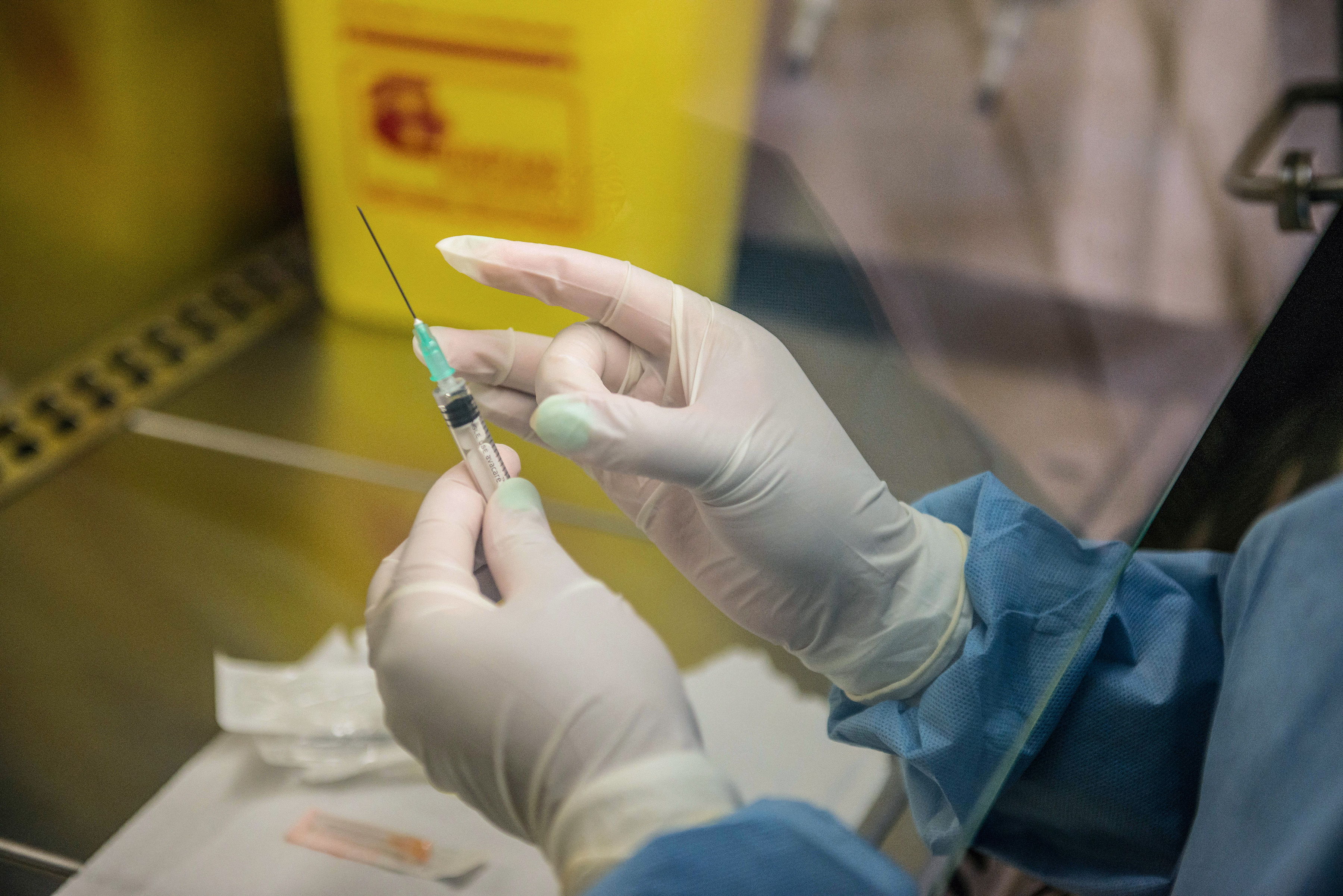VUB and UGent reach milestone in HIV vaccine research

Researchers from Vrije Universiteit Brussel (VUB), Brussels University Hospital (UZ Brussel) and Ghent University (UGent) have taken an important step towards a vaccine for HIV patients. In their study, they demonstrate the effectiveness of an mRNA-based vaccine in boosting the immune system of HIV patients.
With the mRNA vaccine, the scientists hope to reduce the dependence on traditional antiretroviral therapies. "Unlike conventional vaccines, our therapeutic vaccine aims to boost the immune system of people already infected with HIV to keep the virus under control. In this way, we hope to reduce the need for daily medication," says VUB professor Joeri Aerts.
The technology is similar to that of the COVID-19 vaccines, with one important difference: this vaccine is "packaged" in lipid nanoparticles, which "contain an additional stimulating signal for the immune system, which increases effectiveness," says Aerts. The vaccine induces a strong immune response not only in the blood, but also in the intestines, "where HIV mainly hides".
Promising results
According to co-author Sabine den Roover (VUB), the most remarkable thing about the study is that the vaccine activates CD8+ T cells, a type of immune cell that recognises and destroys HIV-infected cells. "Meanwhile, activation of the type of cells that are the main targets of HIV remains limited, which makes the vaccine particularly promising".
"This new vaccine offers us a unique opportunity to make a difference for HIV patients worldwide"
So far, the vaccine has only been tested on mice, but the scientists behind the study are hopeful that it will work in humans. "This new vaccine offers us a unique opportunity to make a difference for HIV patients worldwide," they say. Their study was published in the journal 'Molecular Therapy: Nucleic Acids'.
#FlandersNewsService | PHOTO © MUJAHID SAFODIEN / AFP
Related news
